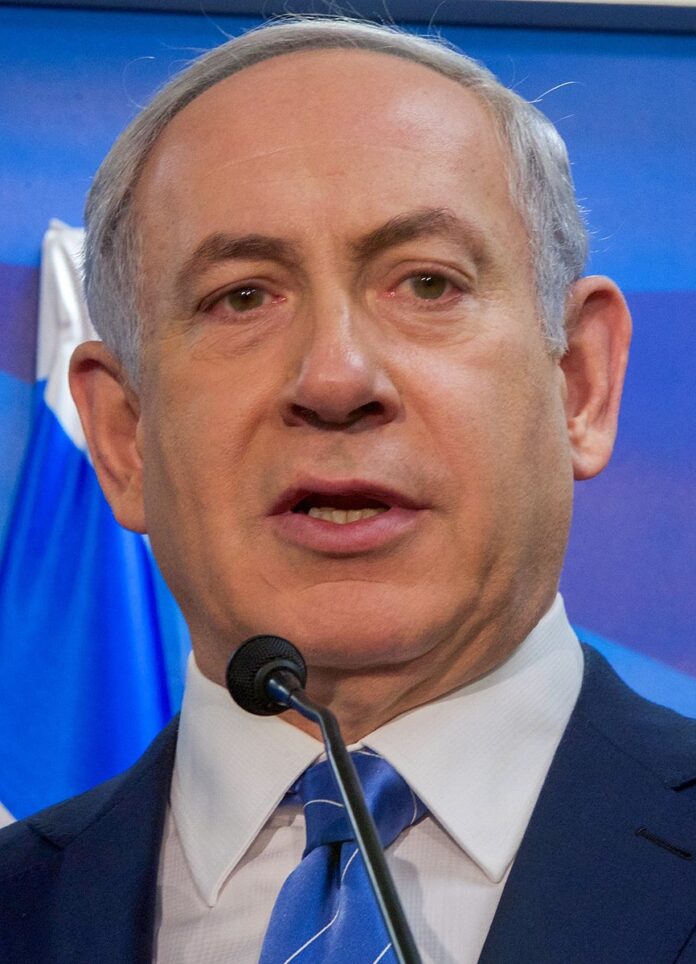Yesterday, Israeli Prime Minister Benjamin Netanyahu announced a crucial milestone in the conflict with Hamas: two-thirds of Hamas’ regiments have been effectively decimated by Israeli military operations. This announcement comes in the wake of the October 7 attack by Hamas, which was one of the deadliest days in Israeli history and the most severe attack on Jews since the Holocaust.
On that fateful day, over 1,000 Hamas fighters launched a coordinated assault on Israeli civilian communities and military bases, resulting in the deaths of 1,139 people, including 695 Israeli civilians, 71 foreign nationals, and 373 members of the security forces. Additionally, around 250 Israeli civilians and soldiers were taken hostage.
In response to this unprecedented attack, Israel, under the leadership of Prime Minister Netanyahu, initiated a robust military campaign. This campaign involved intense airstrikes followed by a ground offensive in Gaza, with the twin objectives of dismantling Hamas’ military capabilities and securing the release of the hostages. The Prime Minister’s announcement yesterday underscores the significant progress made in this military campaign, indicating a major blow to Hamas’ operational strength.
The conflict has broader implications for the Middle East, with potential escalations involving U.S.-led alliances and Iranian-backed militant groups. The involvement of groups like Hezbollah in Lebanon and the Houthi rebels in Yemen, carrying out attacks in the Red Sea region, has added complexity to the regional dynamics.
Prime Minister Netanyahu’s announcement brings the Israeli-Palestinian conflict back into global focus, prompting high-level diplomatic engagements and discussions about the future of Gaza and the broader peace process. It highlights the determination of the Israeli government to prevent future large-scale attacks and to ensure national security amidst a complex and evolving regional landscape










